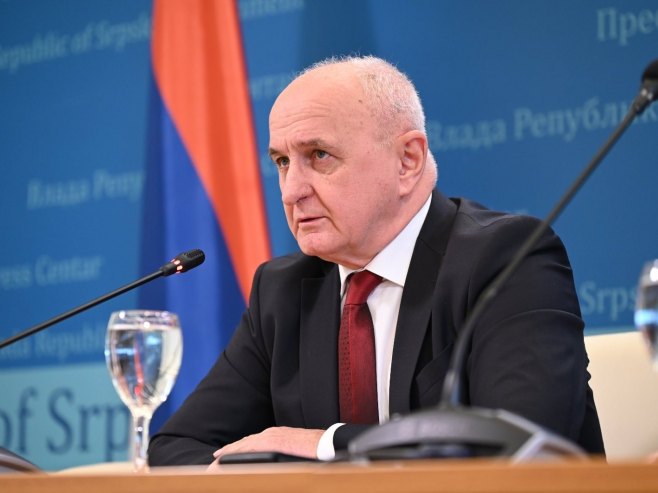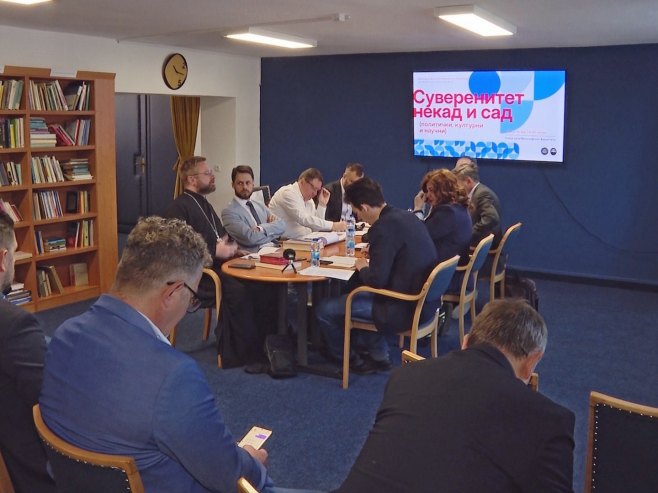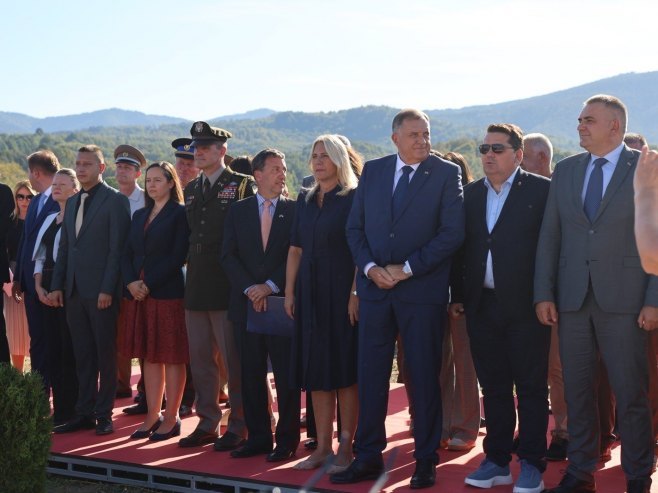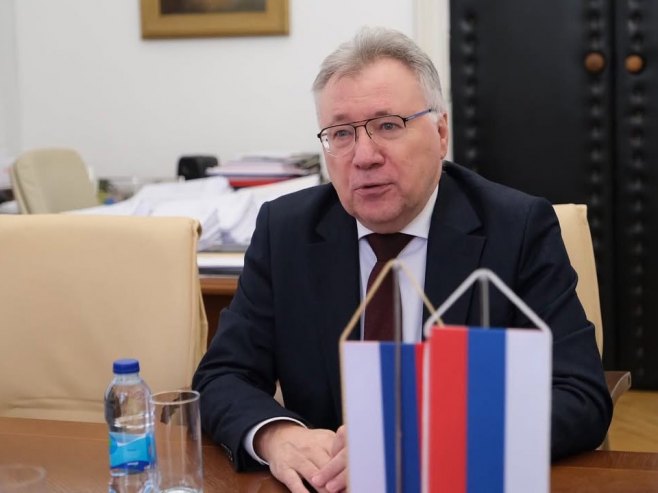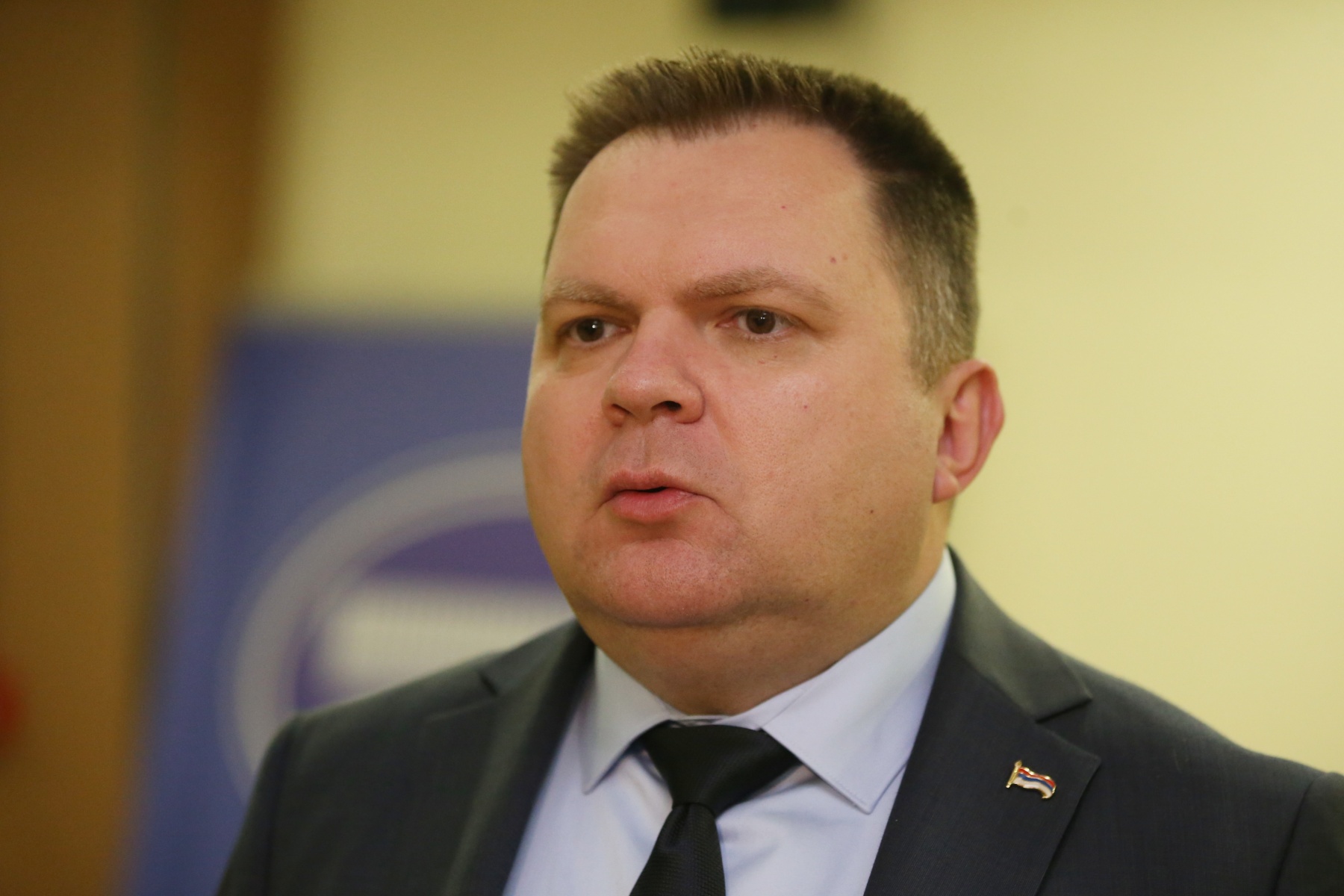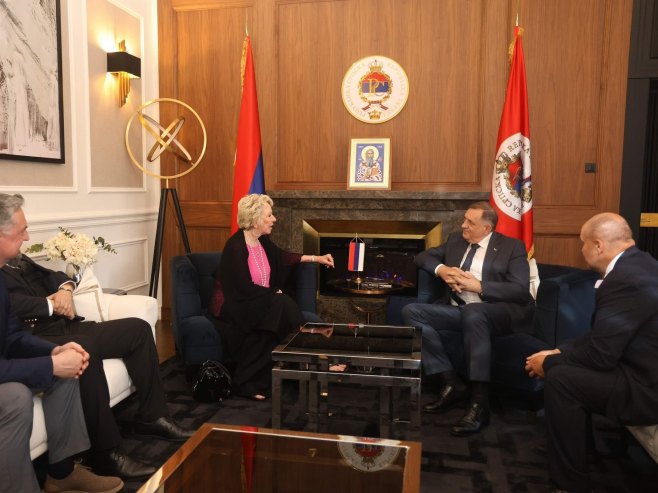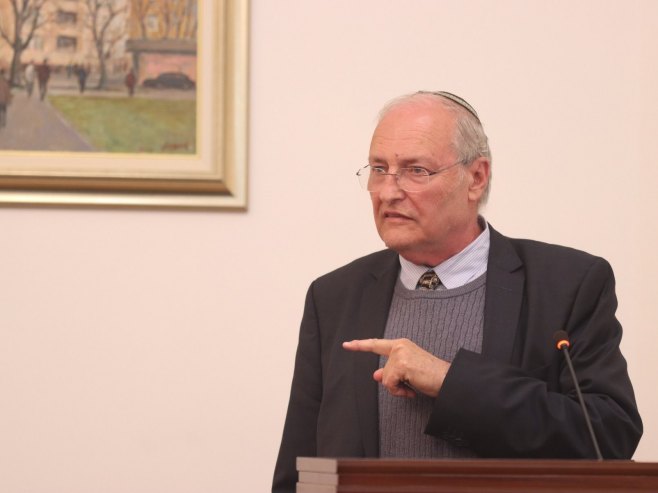Sovereignty, as a fundamental attribute of every people and political community, has taken on various forms and faced numerous challenges throughout history. Today, in the era of globalization, the issue of sovereignty remains relevant and complex, especially for peoples striving to preserve their identity, political independence, and cultural authenticity. Such is the case with the Serb people, who, within the territory of Republika Srpska, are fighting for their political, cultural, and scientific sovereignty. This was emphasized by participants in the roundtable discussion “Sovereignty then and now – political, cultural, scientific,” held at the Faculty of Philosophy in Banja Luka.
Professor Zoran Čvorović from the Faculty of Law at the University of Kragujevac stated that there is no better place than Republika Srpska to speak about sovereignty, pointing out that the sovereign state is returning to the world stage with the emergence of a multipolar order.
“Friedrich Engels promised in the 19th century that the sovereign state would be placed in a museum next to the stone axe. The globalists followed that path and were preparing to completely de-sovereignize national states, which is why they waged war against the Serb people in the 1990s,” he said.
He noted that, according to the original Dayton Agreement, sovereignty belonged to the entities—Republika Srpska and the Federation of BiH—and that Bosnia and Herzegovina is merely a confederation that has never been sovereign.
“Today, the task of Republika Srpska is to demonstrate through concrete actions that this apparatus—through its impotence, the impotence of the rulings of the [extra-constitutional] Court of BiH and arrest warrants—is non-sovereign, which makes Srpska sovereign to that extent,” Čvorović emphasized.
Professor Miloš Ković from the Faculty of Philosophy at the University of Belgrade said that for years the issue of re-sovereignization has been raised—not only of Serb states, Republika Srpska and Serbia, but also of Serb thought itself.
“Re-sovereignization means returning to one’s own authentic standpoint, finding foundations and starting points within oneself, in one’s own tradition and history. The goal is to stop seeing ourselves through foreign lenses. We need to think about where we are, what we are doing, and where we are going—and that must be grounded in the discovery of who we are,” Ković stated.
Professor Radovan Subić from the Faculty of Philosophy at the University of Banja Luka said that the question of sovereignty is more in focus today than ever before.
“This roundtable should offer answers to many questions, one of which is whether sovereignty can exist without politics in culture or science,” Subić said.
Source: RTRS

